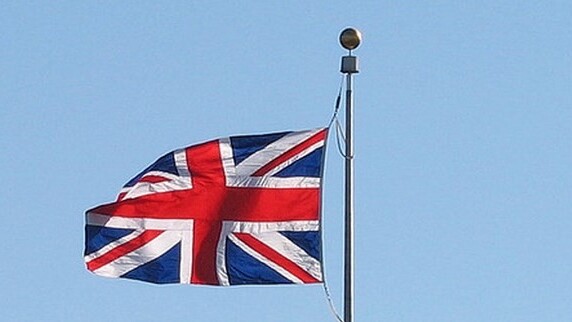
The Guardian reported today that Britain’s spy agency, better known as GCHQ, taps the core lines of the Internet as the United States’ National Security Agency (NSA) does, hoovering up the world’s phone calls as Web traffic. It then sorts and analyzes that information, and shares at least some of it with the United States’ NSA.
This should sound very familiar, as it is precisely what the NSA is widely reported to engage in as well; the NSA has long had direct access to the core fiber bundles of the Internet, and as the AP reported this past weekend:
President George W. Bush secretly authorized the NSA to plug into the fiber optic cables that enter and leave the United States, knowing it would give the government unprecedented, warrantless access to Americans’ private conversations. Tapping into those cables allows the NSA access to monitor emails, telephone calls, video chats, websites, bank transactions and more
Today’s revelations concerning the GCHQ are similar. However, according to the now infamous – and in some cases beloved leaker – Edward Snowden, the work done by the the British agency is perhaps more troubling than what the NSA engages in: “It’s not just a US problem. The UK has a huge dog in this fight […] They [GCHQ] are worse than the US.”
The two programs that the GCHQ is engaged with are named ‘Mastering the Internet’ and ‘Global Telecoms Exploitation.’ You have to hand it to our British allies: Those names are not hard to parse. However, a more mild-named program ‘Tempora’ is the codename of the service that Britain uses to directly snag the information from the cables that run the Internet.
The reach of Mastering the Internet appears pervasive. The Guardian mentions specifically “recordings of phone calls, the content of email messages, entries on Facebook and the history of any internet user’s access to websites” as part of its purview.
That said, what the GCHQ is up to is relatively new; according to the Guardian, the agency has only been at its large scale interception of telephonic and Internet data for some 18 months. It intercepts and collects information, which it holds for up to 30 days for analysis. The NSA, by comparison, has built a massive data center to hold the information that it snags, allowing it potentially years of storage.
The scale of GCHQ’s monitoring is beyond comprehension. In one twenty four hour period, the group recorded a stunning 39 billion distinct piece of information. The first evidence of Mastering the Internet, according to a separate Guardian piece, is a memo dated from mid-May, 2009.
GCHQ appears to be Britain’s lead agency for larger cybersecurity. It is tasked with protecting British firms from losing their secrets to foreign actors.
Given the apparent differences in laws, the GCHQ can collect more information than the NSA. However, that appears to be a simple granting of the NSA more information than it should have, legally: “The Guardian understands that a total of 850,000 NSA employees and US private contractors with top secret clearance had access to GCHQ databases.”
You have to marvel that the NSA has 850,000 employees to begin with. Documents received by the Guardian indicate that the British government ‘handled’ 600,000,000 “telephone events” per day, and has taps on 200 fiber-optic Internet cables. 250 agents of the NSA and 300 from the GCHQ are working to sort the data collected.
We’ll close with a quote, one that I can’t honestly put into context:
By 2010, two years after the project was first trialled, it was able to boast it had the “biggest internet access” of any member of the Five Eyes electronic eavesdropping alliance, comprising the US, UK, Canada, Australia and New Zealand.
Keep it in mind, friends: You have no digital privacy.
Top Image Credit: Chris Breeze
Get the TNW newsletter
Get the most important tech news in your inbox each week.





